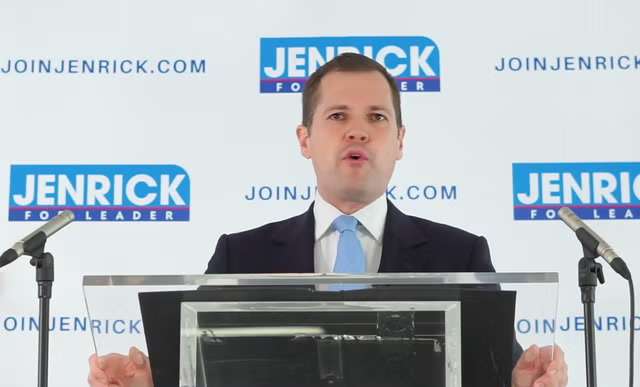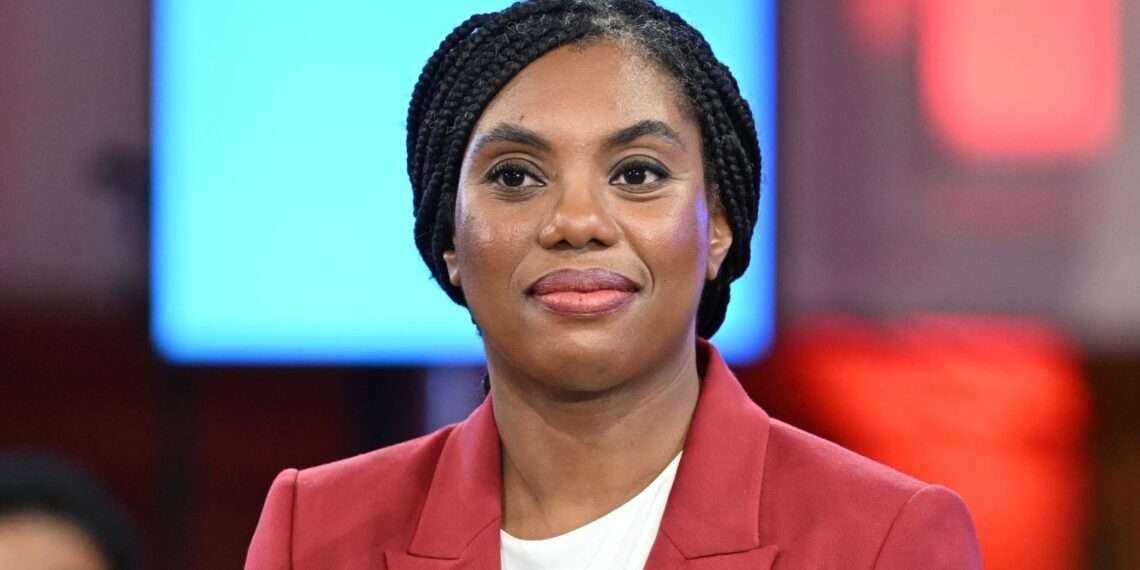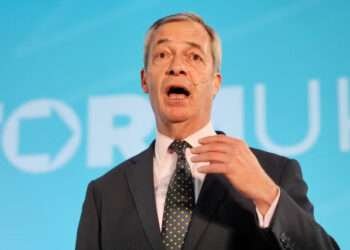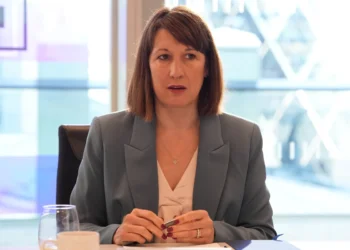Kemi Badenoch has unveiled her new shadow cabinet, positioning key allies and experienced figures to help steer the Conservative Party’s opposition to Labour.
In a reshuffle aimed at strengthening party unity, Badenoch has appointed Chris Philp as shadow home secretary and Alex Burghart as shadow chancellor of the Duchy of Lancaster, effectively her deputy.
However, the formation of the shadow cabinet has not been without its complications. Former security minister Tom Tugendhat, who ran for leader, declined an offer to join the shadow cabinet, although it remains unclear what role he was offered.
Continuity and Change in Leadership
Despite some new faces, Badenoch’s shadow cabinet includes several familiar figures, signaling continuity. James Cartlidge will continue as shadow defense secretary, while Claire Coutinho, who had been speculated for a larger role, will serve as both shadow energy and shadow equalities minister.
Other significant appointments include Ed Argar as shadow health secretary, Kevin Hollinrake, who moves from business to housing and communities, and Victoria Atkins, now tasked with shadowing the Department for Environment, Food, and Rural Affairs.
Burghart, a longstanding ally of Badenoch, takes on the dual role of shadow Northern Ireland secretary and shadow chancellor of the Duchy of Lancaster, adding weight to his position as a key member of Badenoch’s inner circle. The reshuffle is aimed at strengthening party unity and preparing the Conservatives for the challenges ahead.
“Our party’s problems will only be solved with a team effort, and I am confident my shadow cabinet ministers will deliver effective opposition as we seek to win back the trust of the public,” Badenoch said, emphasizing the need for a unified approach to rebuilding the party.
Robert Jenrick’s Controversial Appointment
One appointment that raised eyebrows was that of Robert Jenrick as shadow justice secretary. The role was reportedly leaked ahead of Badenoch’s planned announcement, prompting speculation about tensions within the party.
Jenrick has been a vocal advocate for leaving the European Convention on Human Rights (ECHR), a stance that could put him at odds with Badenoch, who has downplayed the idea as a “silver bullet” solution for illegal immigration.
Jenrick’s position will be crucial as the Conservative Party forms its stance on ECHR reforms, but any policy shifts would ultimately need Badenoch’s approval. The timing of the leak and the uncertainty surrounding Jenrick’s role sparked discussions about potential fractures within the party leadership.

Loyalists and New Faces
Badenoch has made strategic appointments of her loyalists to key roles. Rebecca Harris becomes the party’s new chief whip, while Nigel Huddleston has been made Conservative party co-chair. These appointments are expected to help manage internal party dynamics and ensure a more cohesive leadership team.
However, several senior figures have opted to step back. Jeremy Hunt, the former chancellor, and James Cleverly, a former foreign secretary, have both declined frontbench roles, opting to remain on the backbenches.
Badenoch’s reshuffle comes at a time of transition for the Conservative Party. With a leadership team in place, the focus will now be on rebuilding trust with voters and presenting a united front in opposition to Labour. The new shadow cabinet must quickly get to work, balancing internal party concerns with the need to challenge the government on key issues.
“The process of renewing our great party has now begun,” Badenoch declared. However, it remains to be seen whether her new team can navigate the tensions within the party and effectively position the Conservatives for future electoral success.
READ ALSO: Concerns Raised About Rise of Cyberbullying, Nudity on Social Media





















